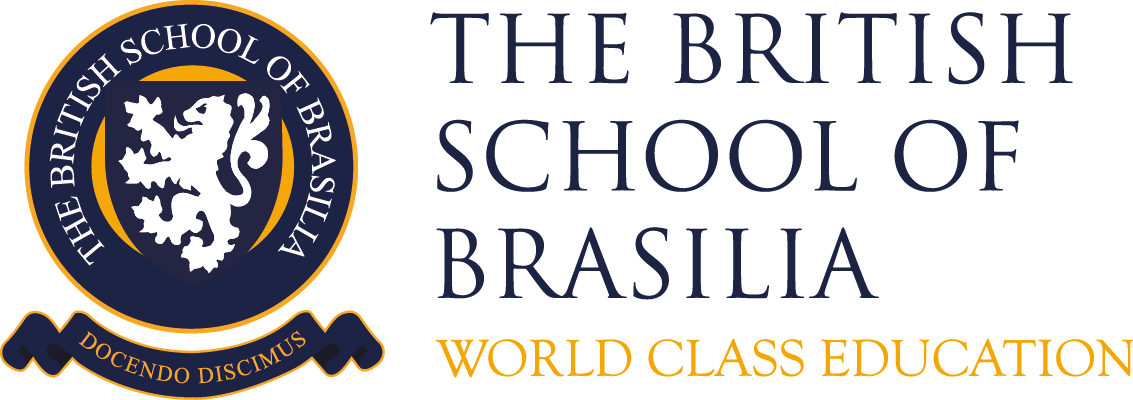History
History is a key element of the Knowledge and Understanding strand of our Extended Curriculum.
Years 7-9
In History, pupils learn through doing: lessons are always active and enquiry based with pupils asking/answering questions to elicit deeper understanding and to develop problem-solving skills. Lessons include activities such as research, role-play/hot-seating, debates, art and design and creative writing for example poetry and stories. Pupils work in groups to develop key group work skills, but will also have the chance to work independently. They develop a variety of cross-curricular skills including analysis/interpretation, questioning, speaking and writing for persuasion. Topics follow the National Curriculum and will be varied, relevant and exciting.
IGSCE and beyond
The History syllabus offers students the opportunity to study some of the major international issues in the 19th and 20th centuries, as well as looking in greater depth at the history of a particular region or regions.
Taking IGCSE History is as much about acquiring historical and transferable skills as it is about acquiring knowledge. Students will gain valuable skills including an understanding about the past and an understanding of historical concepts such as cause and consequence. They will form an appreciation of historical evidence and how to use it, and how to present clear and logical arguments. History compliments a number of subjects including English, Geography and Economics. It will also broaden the outlook of students intending to study the Sciences or Law at further education or degree level. A traditional subject, History is valued by universities and employers around the world.
Years 7-9
In History, pupils learn through doing: lessons are always active and enquiry based with pupils asking/answering questions to elicit deeper understanding and to develop problem-solving skills. Lessons include activities such as research, role-play/hot-seating, debates, art and design and creative writing for example poetry and stories. Pupils work in groups to develop key group work skills, but will also have the chance to work independently. They develop a variety of cross-curricular skills including analysis/interpretation, questioning, speaking and writing for persuasion. Topics follow the National Curriculum and will be varied, relevant and exciting.
IGSCE and beyond
The History syllabus offers students the opportunity to study some of the major international issues in the 19th and 20th centuries, as well as looking in greater depth at the history of a particular region or regions.
Taking IGCSE History is as much about acquiring historical and transferable skills as it is about acquiring knowledge. Students will gain valuable skills including an understanding about the past and an understanding of historical concepts such as cause and consequence. They will form an appreciation of historical evidence and how to use it, and how to present clear and logical arguments. History compliments a number of subjects including English, Geography and Economics. It will also broaden the outlook of students intending to study the Sciences or Law at further education or degree level. A traditional subject, History is valued by universities and employers around the world.



